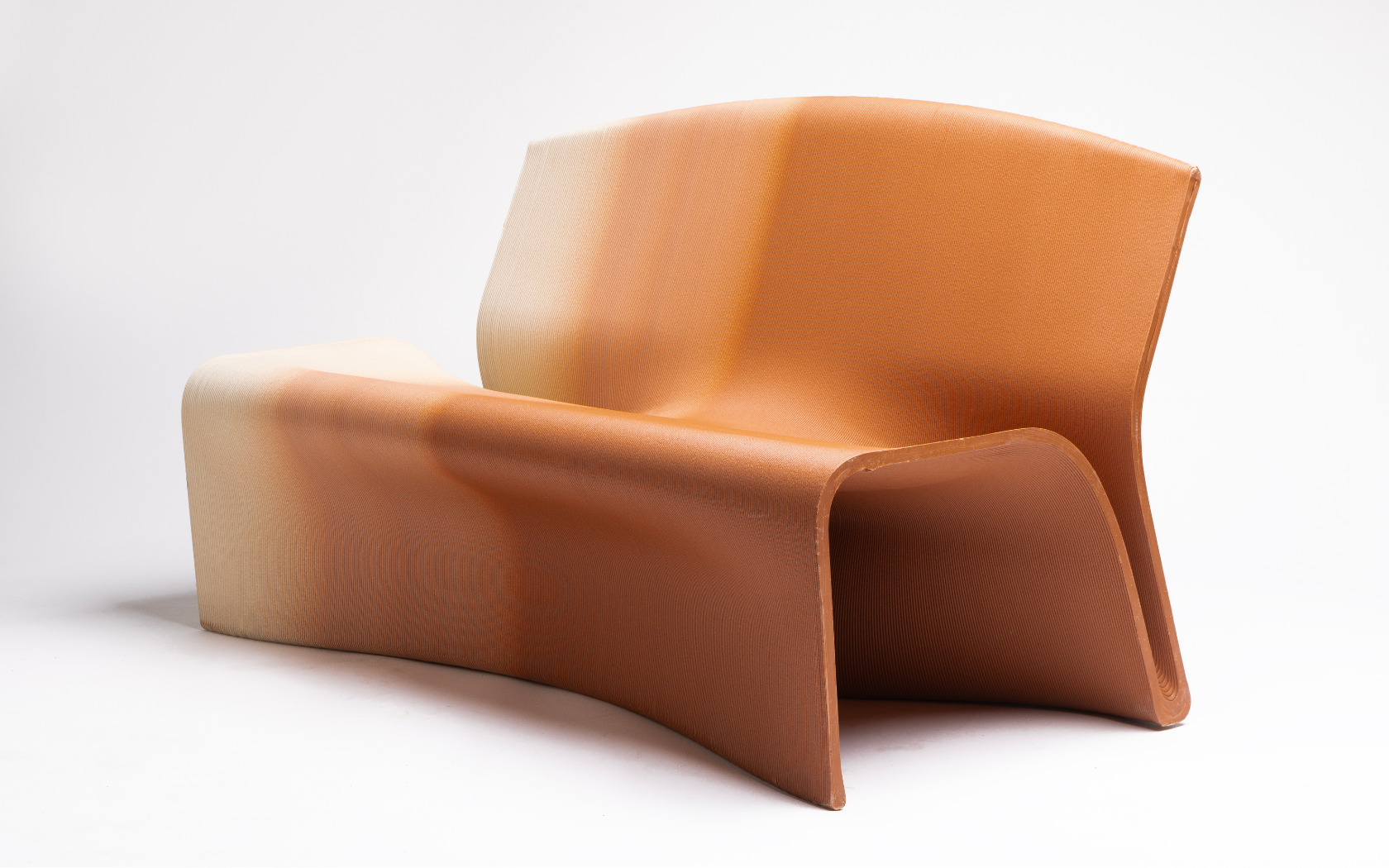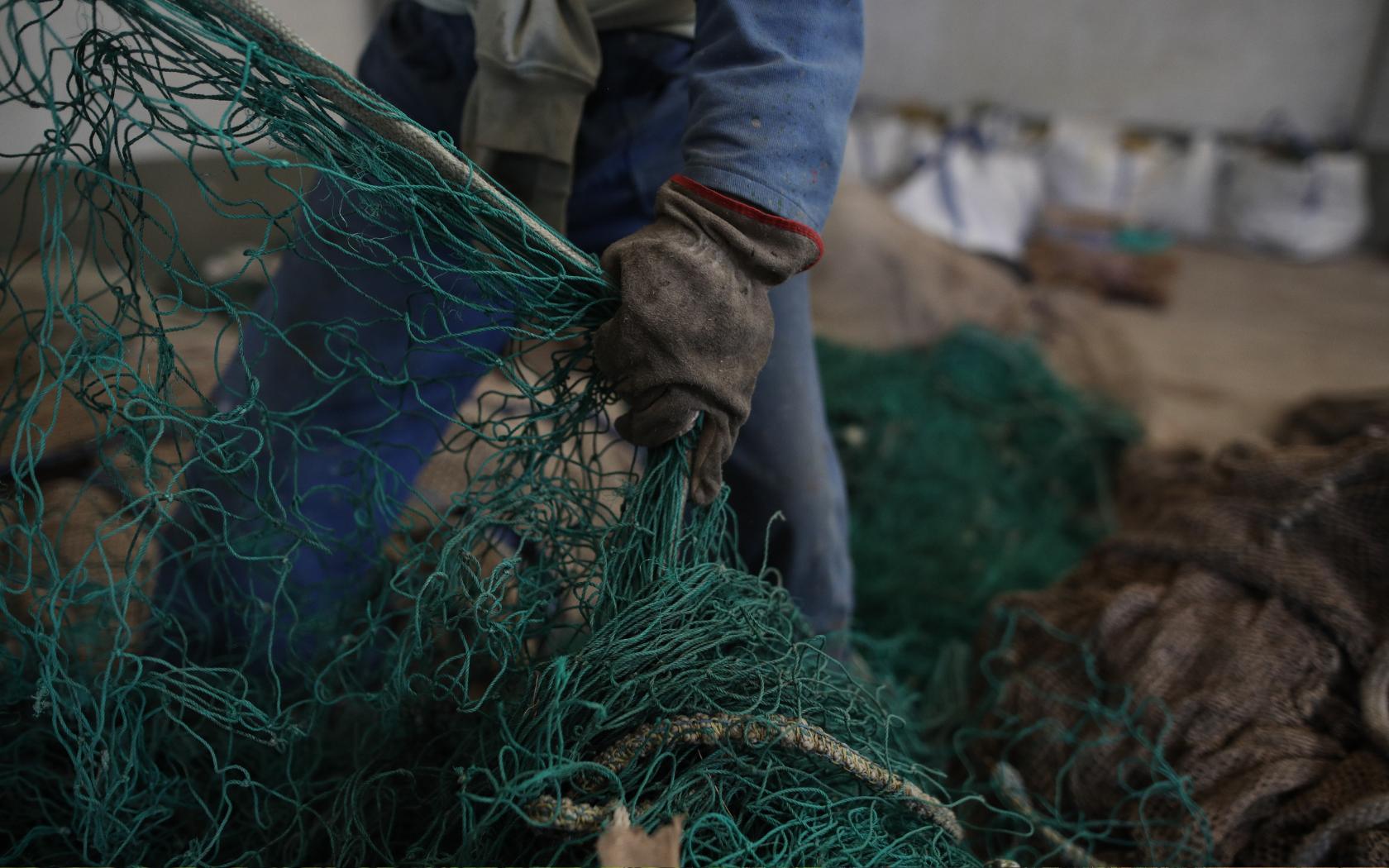A Greek project in which they collect and transform the plastic that reaches the sea into chairs, tables, shelves and vases.
Faced with the global panorama of climate change, ingenuity and creativity are spreading like roots in the field of art and design. Many artists are choosing to address environmental challenges through their practice. And one of the most relevant projects at present is BlueCycle, where they collect and transform the plastic that reaches the sea into design objects. This initiative is part of what is known as the blue and circular economy, which promotes a holistic approach to the problem of marine waste.
BlueCycle’s premise is to collect and transform plastic nets and ropes that reach the seas of Greece into decorative objects so that they have a new life cycle. The products are 3D printed and manufactured in the company’s robotic laboratory. This is why the organisation bases its research on new technologies, innovation and creativity.

One of BlueCycle’s most iconic models.
The catalogue of products they offer is extensive: benches, chairs, tables, deckchairs, shelves, flowerpots, vases, accessories…
The materials they rescue from seas and oceans are mainly nylon 6, nylon 66, polyester, polypropylene, polyethylene, high-density polyethylene and ultra-high molecular weight polyethylene. They are found in the form of fishing nets, which are often discarded at sea. Known as “ghost nets”, they pose one of the greatest threats to the marine ecosystem worldwide. The figures speak for themselves: every year, more than 640,000 tonnes of plastic from fishing reach the oceans. Of this, only 1.5% is recycled.

The BlueCycle project is based on rescuing nets from the sea.
About the history of BlueCycle
The origins of this project were in 2017, with the collaboration between the Aikaterini Laskaridis Foundation and the architectural duo The New Raw. The Foundation funded the production of the documentary Second Nature, by Oscar-nominated filmmaker Daphne Matziaraki. From there, through that piece, the idea was generated to create a comprehensive project that would make use of plastic waste from fishing activities. Today BlueCycle continues to exist thanks to the support of people and organisations that believe in the circular economy. They have already won awards such as the Rossana Orlandi Plastic Prize and several Green Awards in the categories of Sustainable Development, Operations, Technology, Green Startup, Green Household Product and Green Project.




